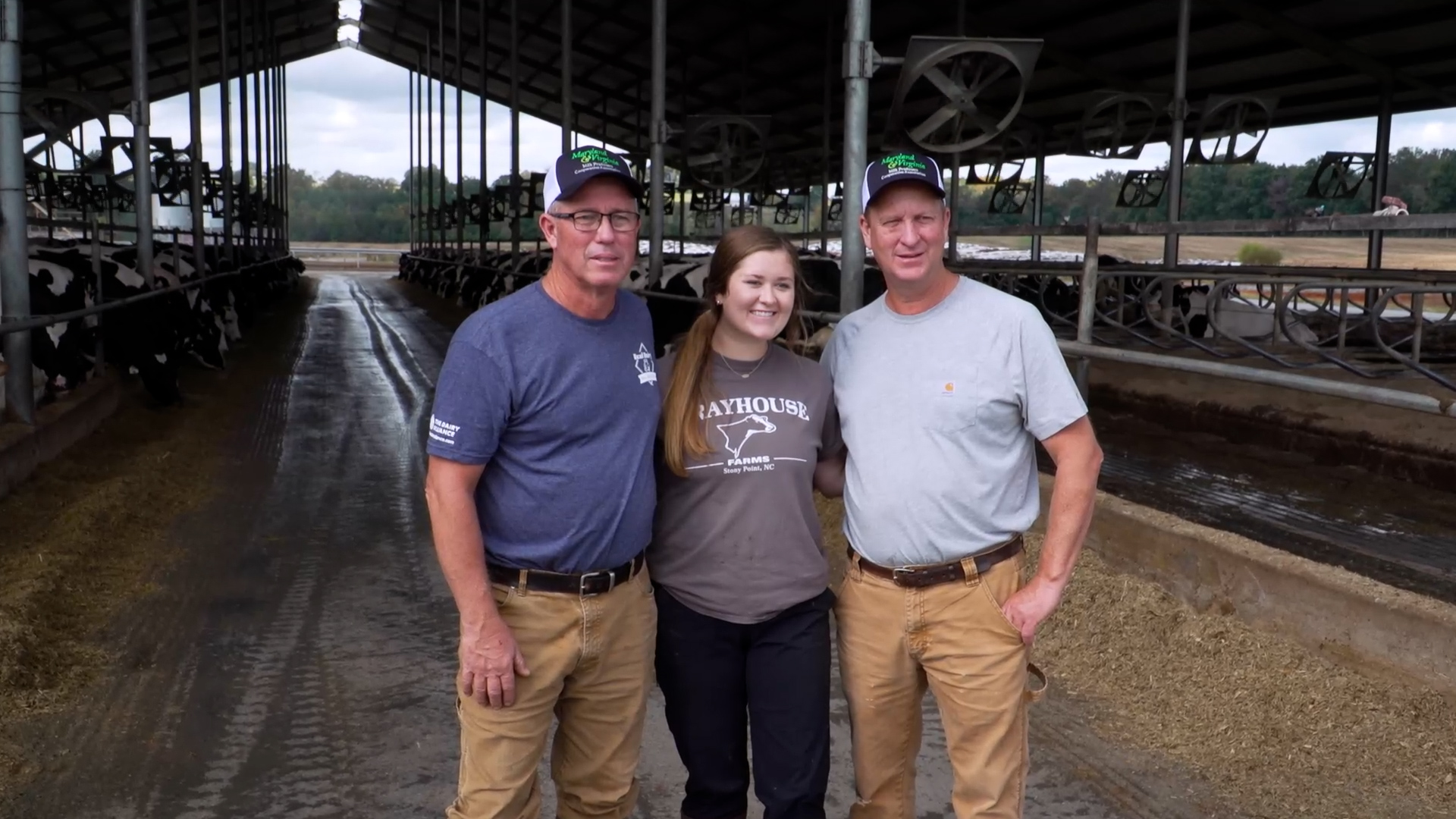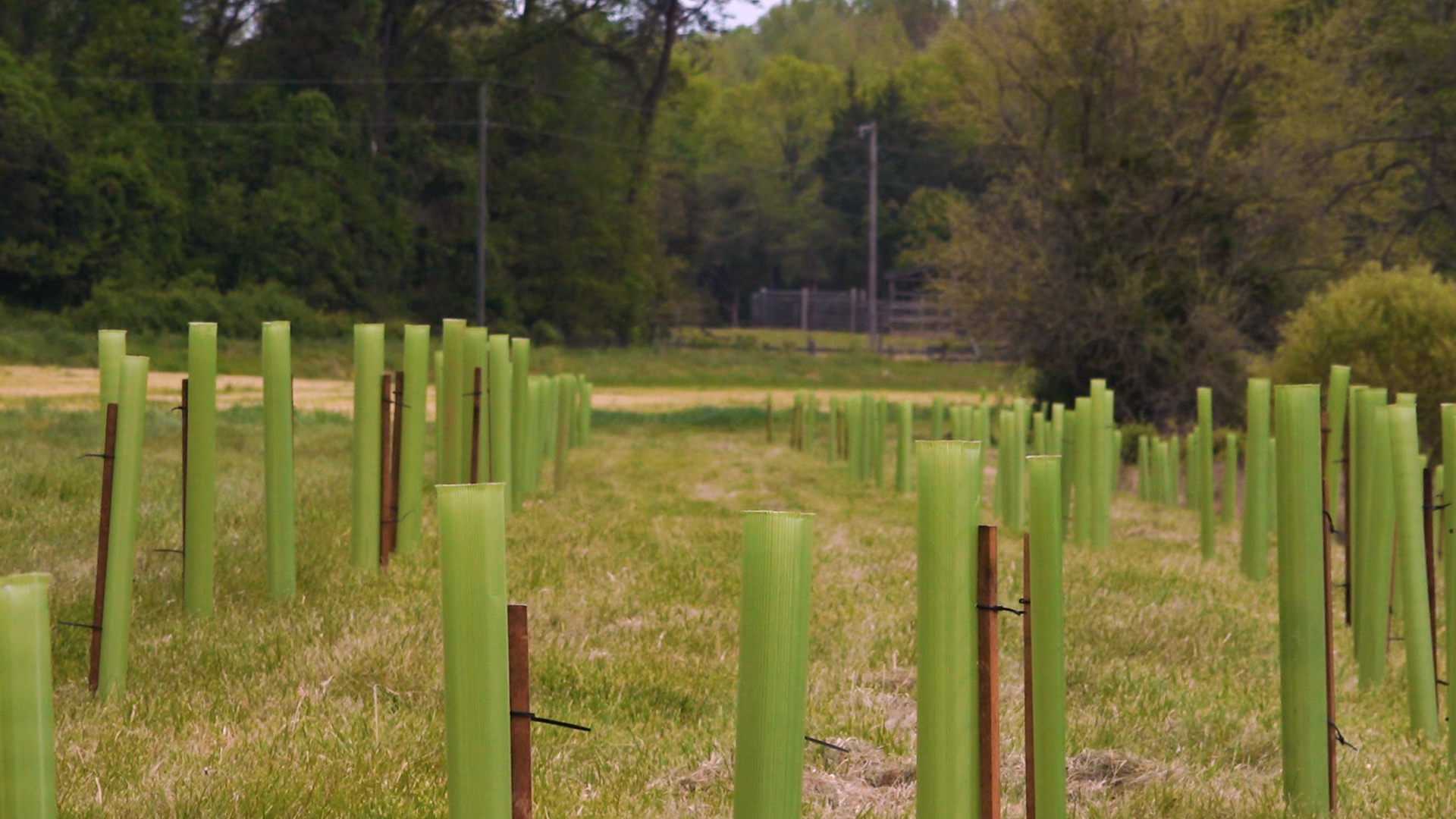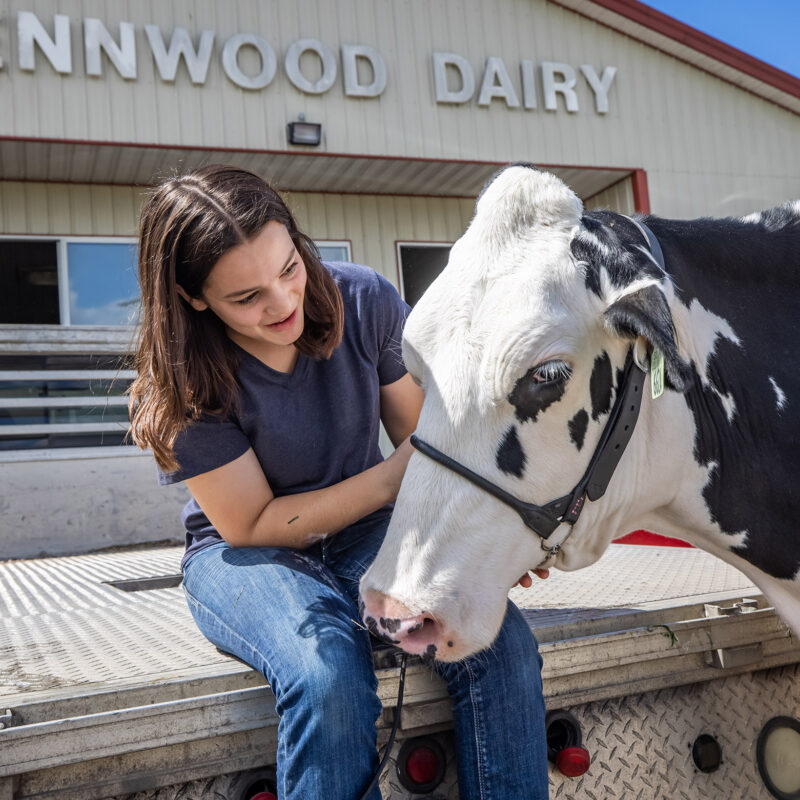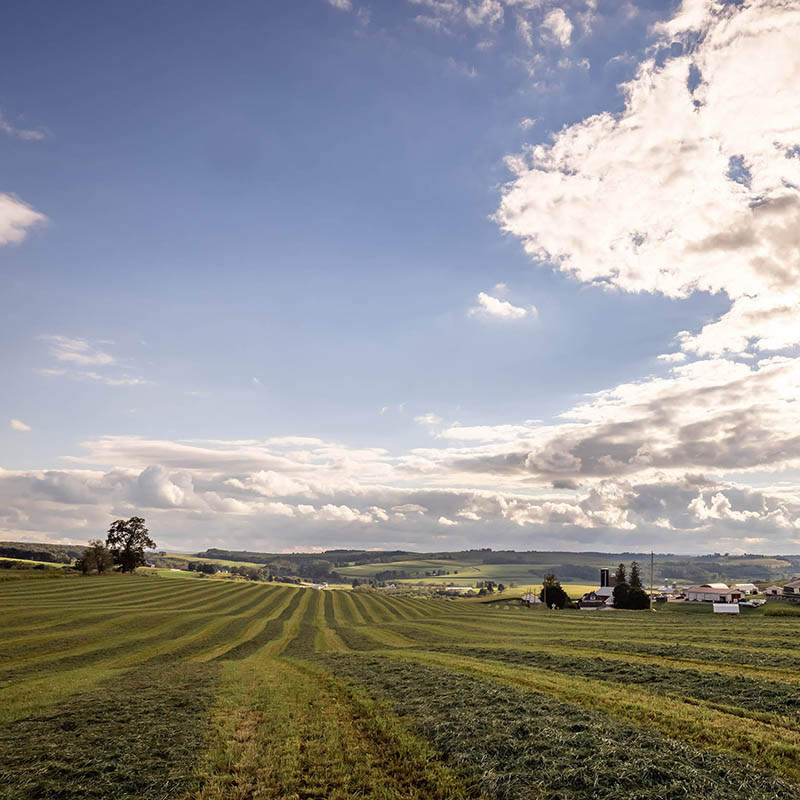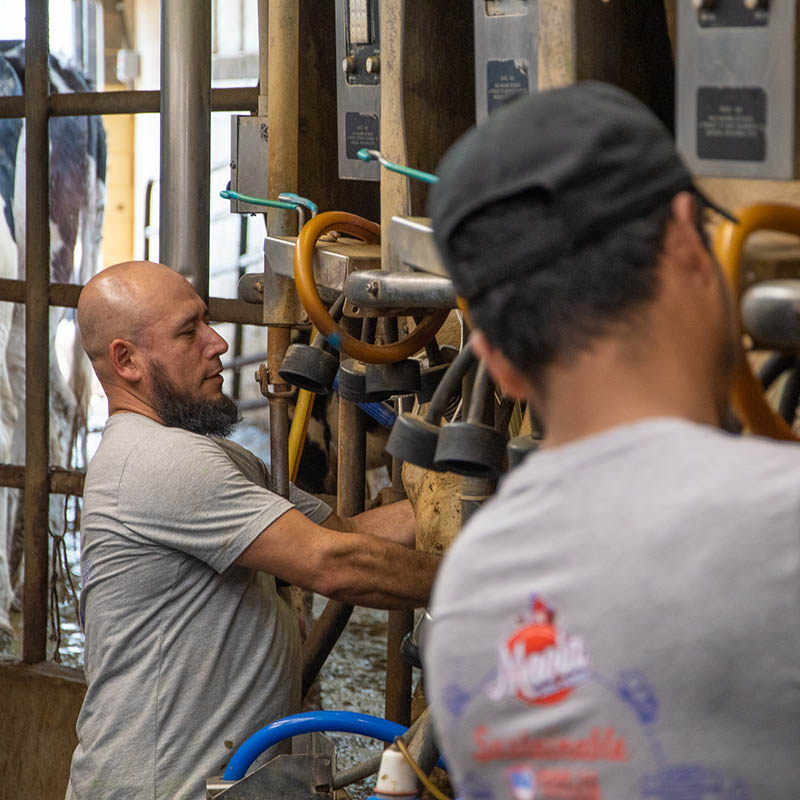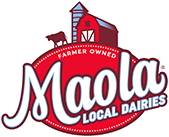Our dairy farm families have been award-winning in their work to become more sustainable.
Two Maola Local Dairies farms have been recognized by the Innovation Center for U.S. Dairy as Outstanding Dairy Farm Sustainability recipients.
On top of that, we’re proud that we have been awarded similar kudos from the Innovation Center for U.S. Dairy. In 2020, we earned the Outstanding Supply Chain Collaboration Award for our work with Turkey Hill Dairy and the Alliance for the Chesapeake Bay.
Two years later, we earned the Sustainability Award for Outstanding Community Impact, which honors groups that improve lives and communities through positive impacts on health and wellness, hunger relief, workforce development, community volunteering and investment, and/or environmental stewardship.
Maola dairy farmers are ready, able, and willing to be part of solutions that create healthier cows, healthier communities, and a healthier planet.
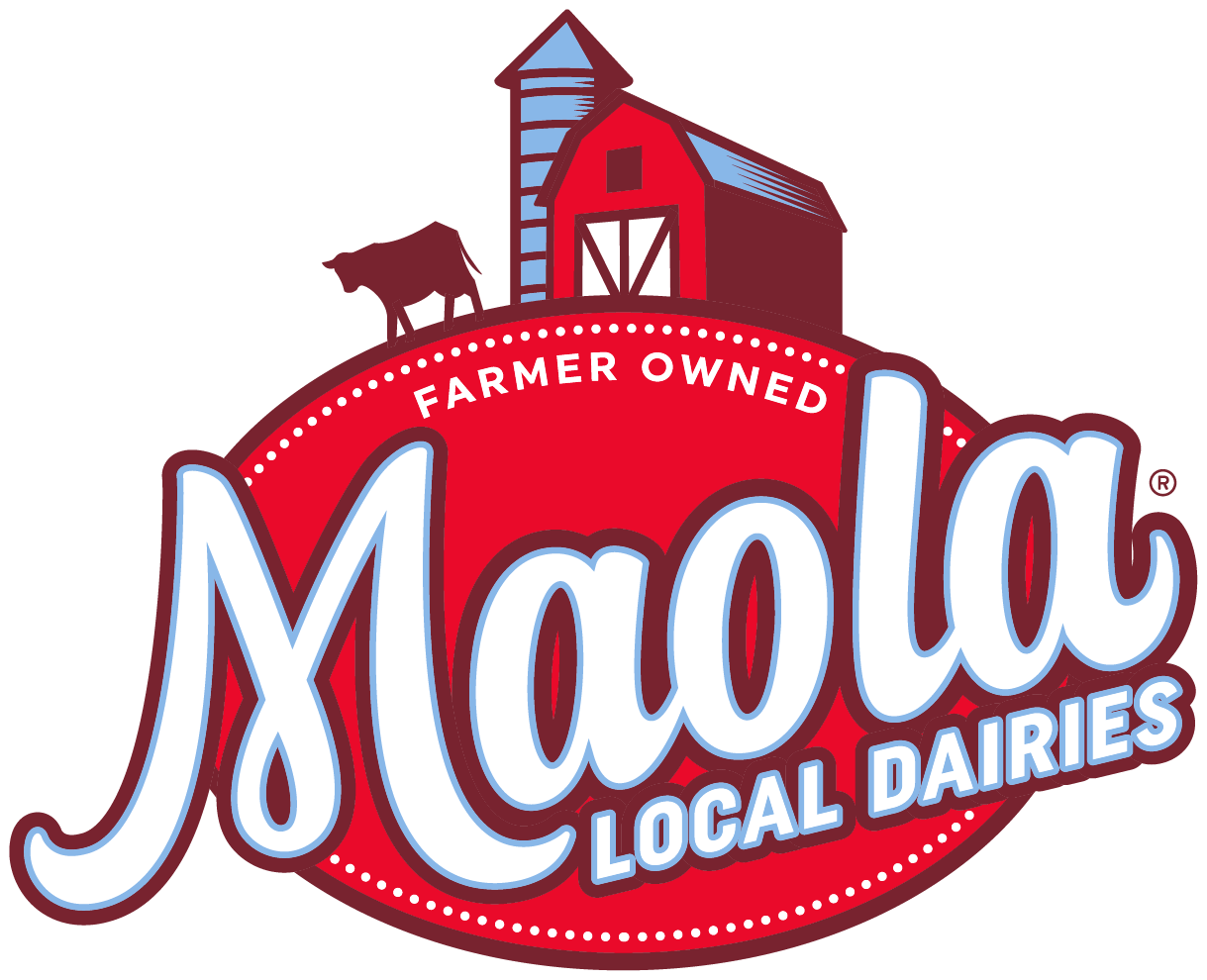
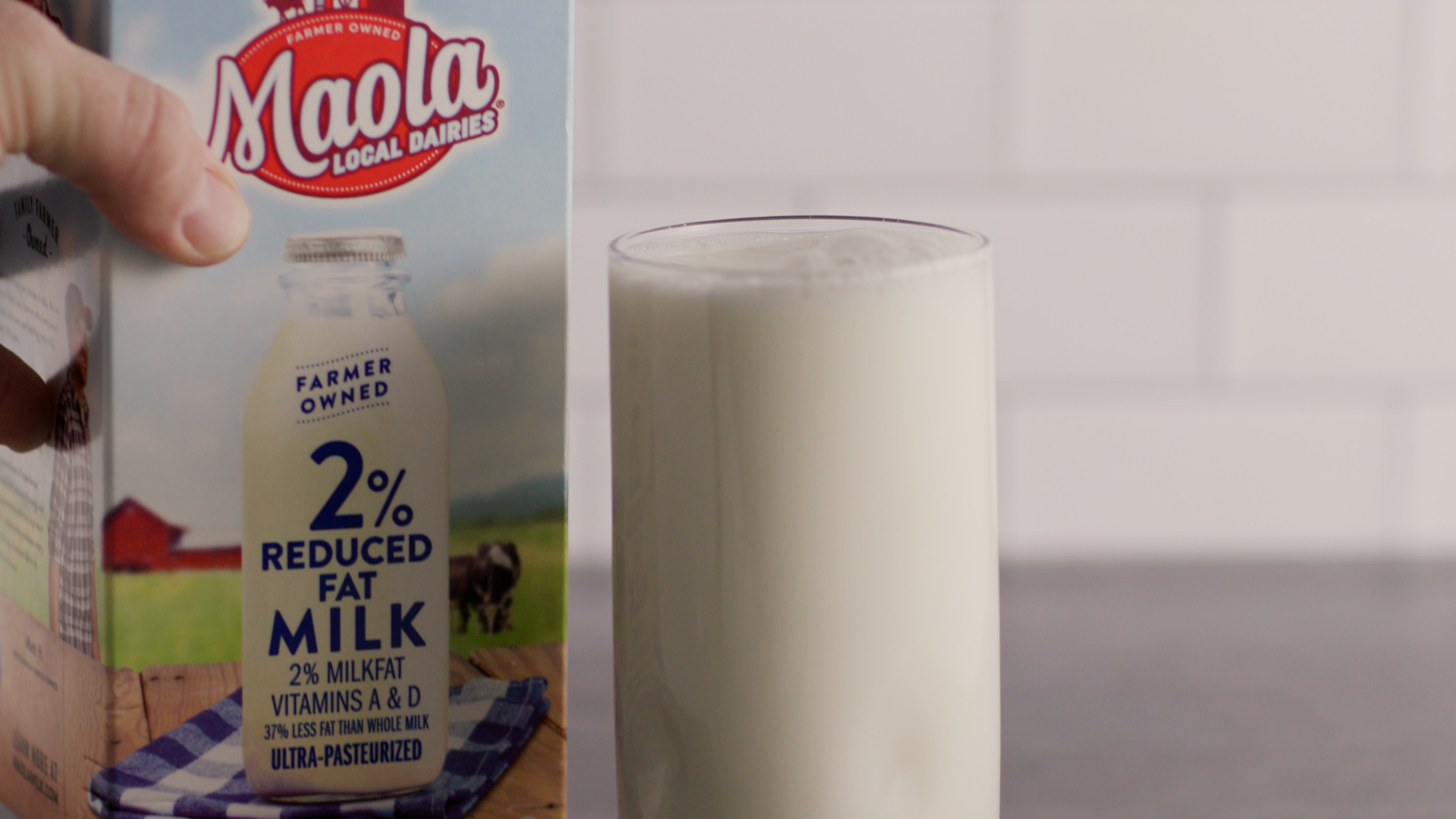
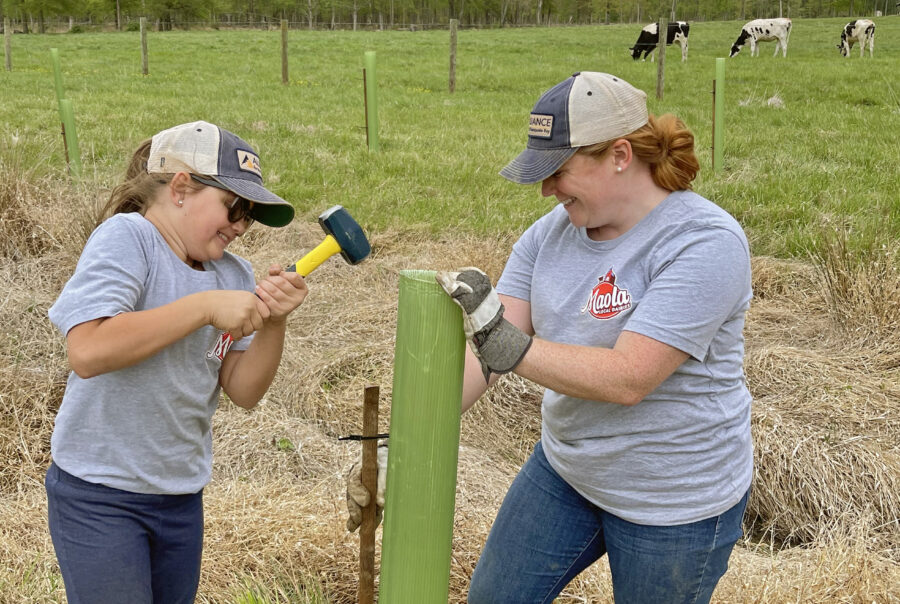
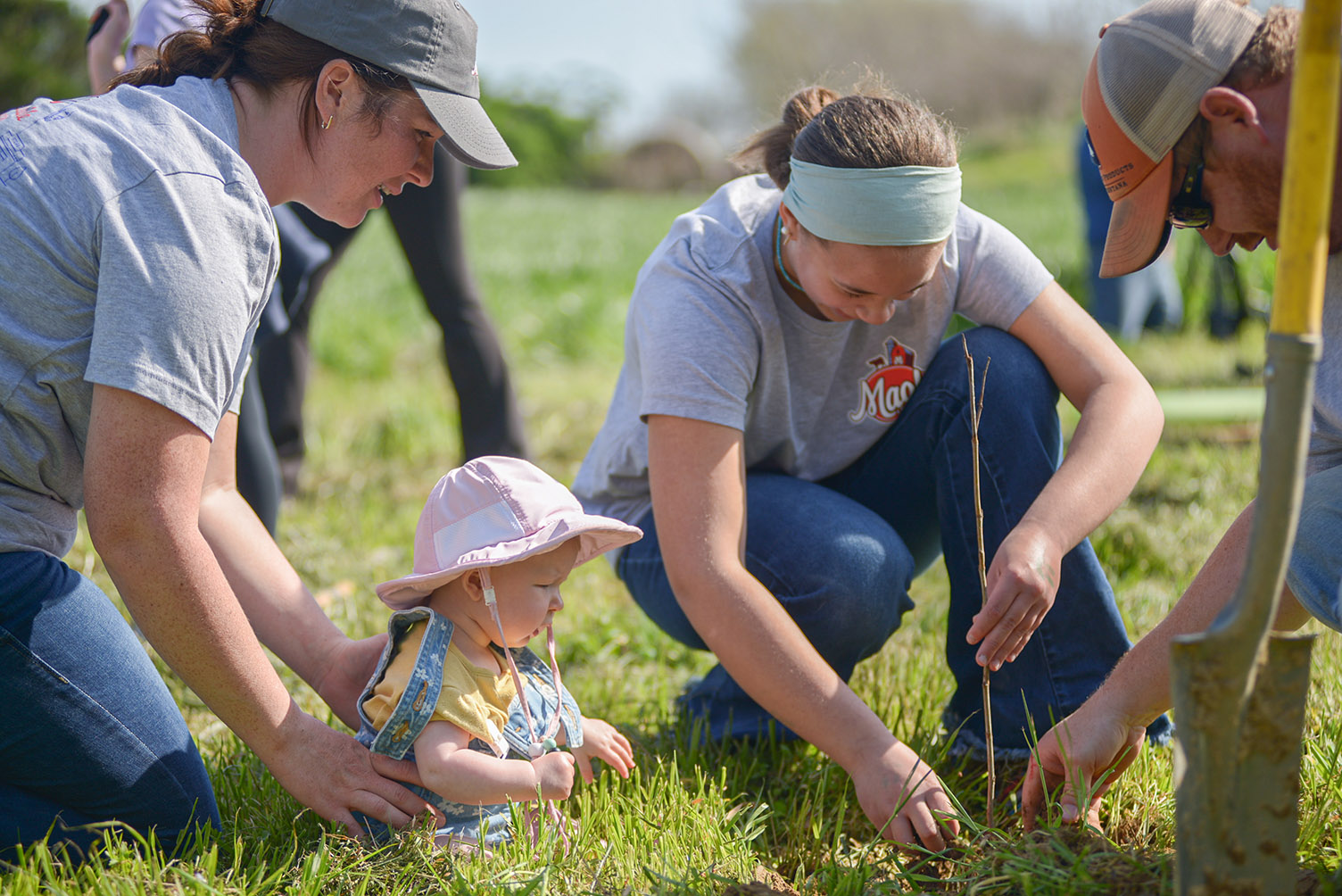
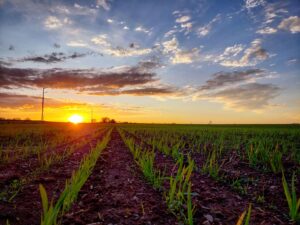 On farms, crops are what farmers grow in those big fields. The crop could be one of a dozen different product, but corn, alfalfa and soybeans are some of the most popular.
On farms, crops are what farmers grow in those big fields. The crop could be one of a dozen different product, but corn, alfalfa and soybeans are some of the most popular.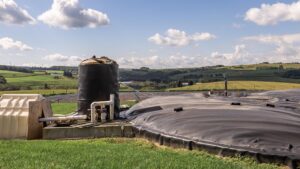 An anaerobic digester is one tool that some Maola farms have to help your milk become a sustainable solution.
An anaerobic digester is one tool that some Maola farms have to help your milk become a sustainable solution.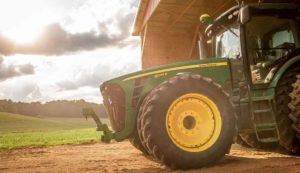 No-till farming is a practice that helps Maola farmers keep sustainability out in front.
No-till farming is a practice that helps Maola farmers keep sustainability out in front.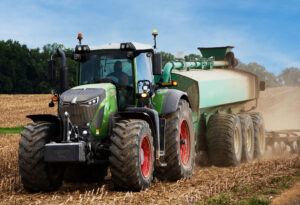 Cows poop. There’s no getting around that. And a lot of times, that waste is accused of contributing to Earth’s greenhouse gases.
Cows poop. There’s no getting around that. And a lot of times, that waste is accused of contributing to Earth’s greenhouse gases.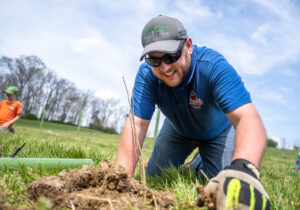 Riparian buffers are one of the most impactful ways our Maola dairy farmers can bring sustainable solutions to their farms and their communities.
Riparian buffers are one of the most impactful ways our Maola dairy farmers can bring sustainable solutions to their farms and their communities.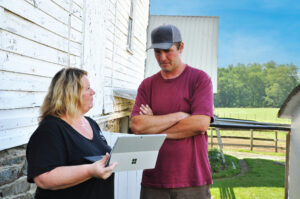 Every year, we perform a specified number of Environmental Assessments across our farms to understand our environmental impact.
Every year, we perform a specified number of Environmental Assessments across our farms to understand our environmental impact.